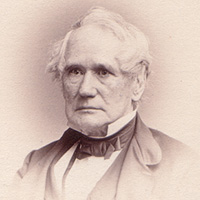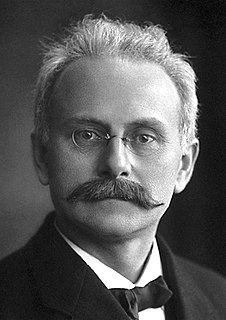A Quote by Henry Charles Carey
In the period from 1824 to 1833, the tendency was steadily in the former direction, but it was only in the latter part of it that it was made really efficient.
Related Quotes
If mythic violence is lawmaking, divine violence is law-?destroying; if the former sets boundaries, the latter boundlessly destroys them; if mythic violence brings at once guilt and retribution, divine power only expiates; if the former threatens, the latter strikes; if the former is bloody, the latter is lethal without spilling blood
Social science and humanities ... have a mutual contempt for one another, the former looking down on the latter as unscientific, the latter regarding the former as philistine. ... The difference comes down to the fact that social science really wants to be predictive, meaning that man is predictable, while the humanities say that he is not.
The difference between a man who faces death for the sake of an idea and an imitator who goes in search of martyrdom is that whilst the former expresses his idea most fully in death it is the strange feeling of bitterness which comes from failure that the latter really enjoys; the former rejoices in his victory, the latter in his suffering.
The difference between a man who is led by opinion or emotion and one who is led by reason. The former, whether he will or not, performs things of which he is entirely ignorant; the latter is subordinate to no one, and only does those things which he knows to be of primary importance in his life, and which on that account he desires the most; and therefore I call the former a slave, but the latter free.
What is the cause that one is hardened, and another readily moved to compunction? Listen! It springs from the will, in the latter case a good will, in the former an evil one. It springs also from the thoughts, in the former case evil thoughts, in the latter from the opposite; and similarly from actions, in the former case actions contrary to God, in the latter godly ones... it is by free choice of the will that every person either attains compunction and humility, or else becomes hard-hearted and proud.
The progress of science has always been the result of a close interplay between our concepts of the universe and our observations on nature. The former can only evolve out of the latter and yet the latter is also conditioned greatly by the former. Thus in our exploration of nature, the interplay between our concepts and our observations may sometimes lead to totally unexpected aspects among already familiar phenomena.





































